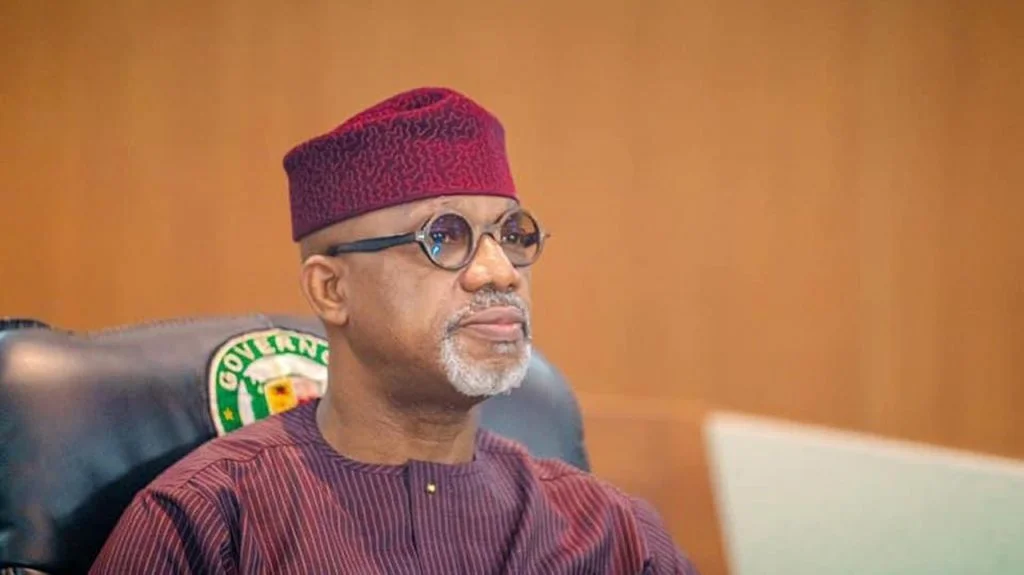Tanzania’s Samia Suluhu Hassan sworn in amid internet blackout and deadly post-election unrest

Tanzania’s President Samia Suluhu Hassan was formally sworn in for a new five-year term on Monday in a ceremony held under tight security in the capital, Dodoma — even as the country remained under an internet blackout and opposition figures accused security forces of killing scores of protesters who rejected the vote.
State television showed Hassan taking the oath at a military facility, wearing a red headscarf and dark glasses. Official results released by the National Electoral Commission gave the incumbent a landslide victory of roughly 97–98% of the vote — figures that critics say reflect the effective exclusion of the main opposition from the ballot.
The vote and its aftermath have exposed deep fractures in Tanzania’s politics. The ruling Chama Cha Mapinduzi (CCM) retained its long-standing dominance after the election was marked by the disqualification, arrest or sidelining of senior opposition figures and the barring of major challengers from running — developments that opposition parties and international watchdogs say robbed the contest of credibility.
A paralysing internet blackout imposed during and after voting severely curtailed reporting and communications, hindering independent confirmation of events and allegations of mass violence. International broadcasters and rights groups said social media and mobile data were shut down across large parts of the country, complicating efforts by journalists and human rights monitors to document incidents on the ground.
Large demonstrations erupted in Dar es Salaam and other cities after the election as Tanzanians poured onto the streets to protest what many called a “sham” election. Security forces responded with live ammunition, tear gas and mass arrests in several flashpoints, according to journalists and rights organisations. The United Nations said at least 10 people had been confirmed killed in clashes across multiple cities, while the main opposition party amplified far higher figures — saying hundreds, and in some reports as many as 700, had been killed in a heavy-handed crackdown. The government has dismissed opposition tallies as inflated and given lower official casualty figures.
Human rights groups had warned in the lead-up to the vote of an escalating pattern of intimidation, enforced disappearances, and arbitrary arrests that they said had created a climate of fear. Several prominent critics of the government were detained or faced legal action in the run-up to election day, further eroding international confidence in the process.
Opposition parties immediately rejected the results and called for new elections, while activists and diaspora groups organised protests and appeals for international pressure. Several international news agencies and foreign governments expressed concern over the reports of violence, the internet shutdown, and the exclusion of key opposition figures from the ballot. At the same time, some states and regional actors have been cautious in their language, calling for calm and urging all sides to refrain from violence.
The government defended its handling of the vote and the security response, saying measures were necessary to restore order in the face of riots that targeted public infrastructure and state facilities. Officials have repeatedly argued that the election was conducted within the law and pointed to the high percentage of votes in favour of the incumbent as a validation of public support.
Analysts say the events mark a test of Tanzania’s post-Magufuli political trajectory. When Hassan first assumed office in 2021 after the death of her predecessor, some analysts saw room for cautious reform. But the 2025 election cycle — characterised by an assertive security response and constrained political space — has raised concerns about democratic backsliding and the prospects for political reconciliation.
With the internet still largely inaccessible and independent verification of casualty figures limited, the full scale of the violence may remain unclear for some time. Human rights groups and foreign monitors have called for unfettered access to affected areas, transparent investigations into allegations of excessive force, and the restoration of communications to allow families and civil society to document abuses.








